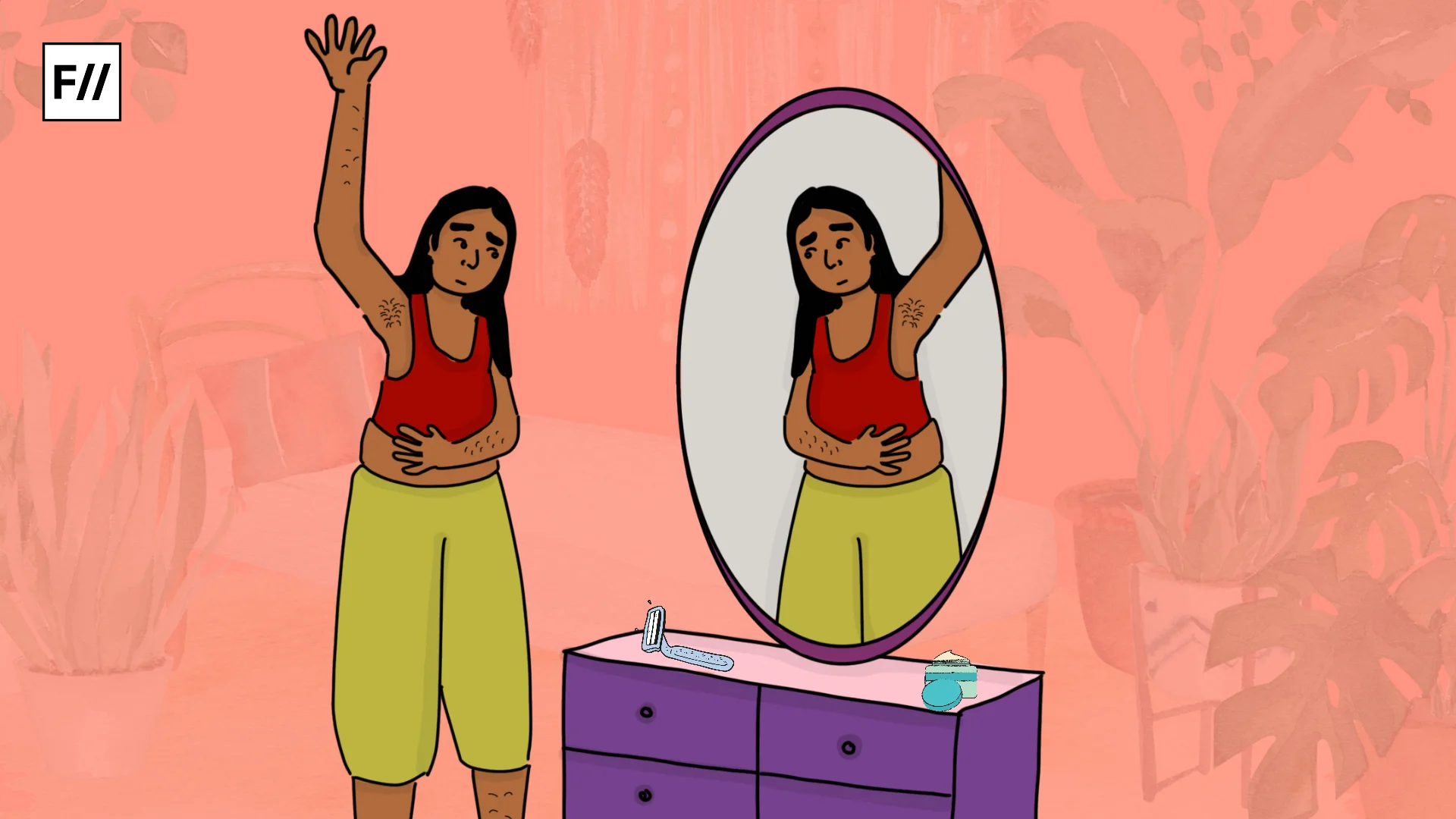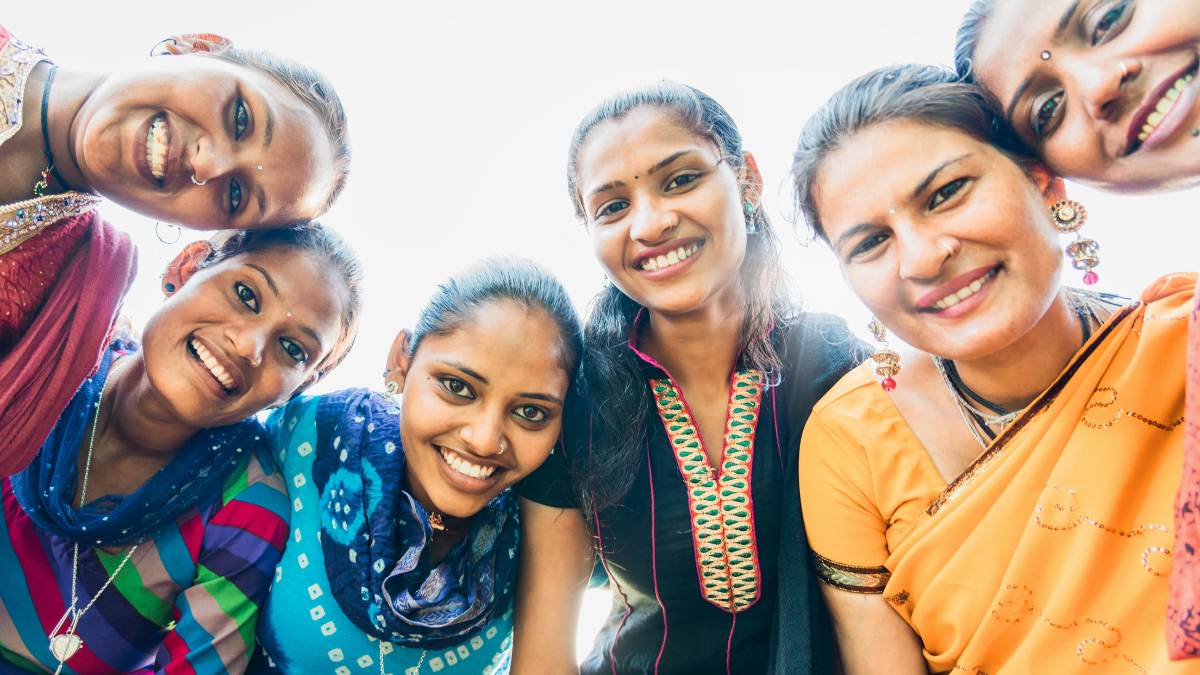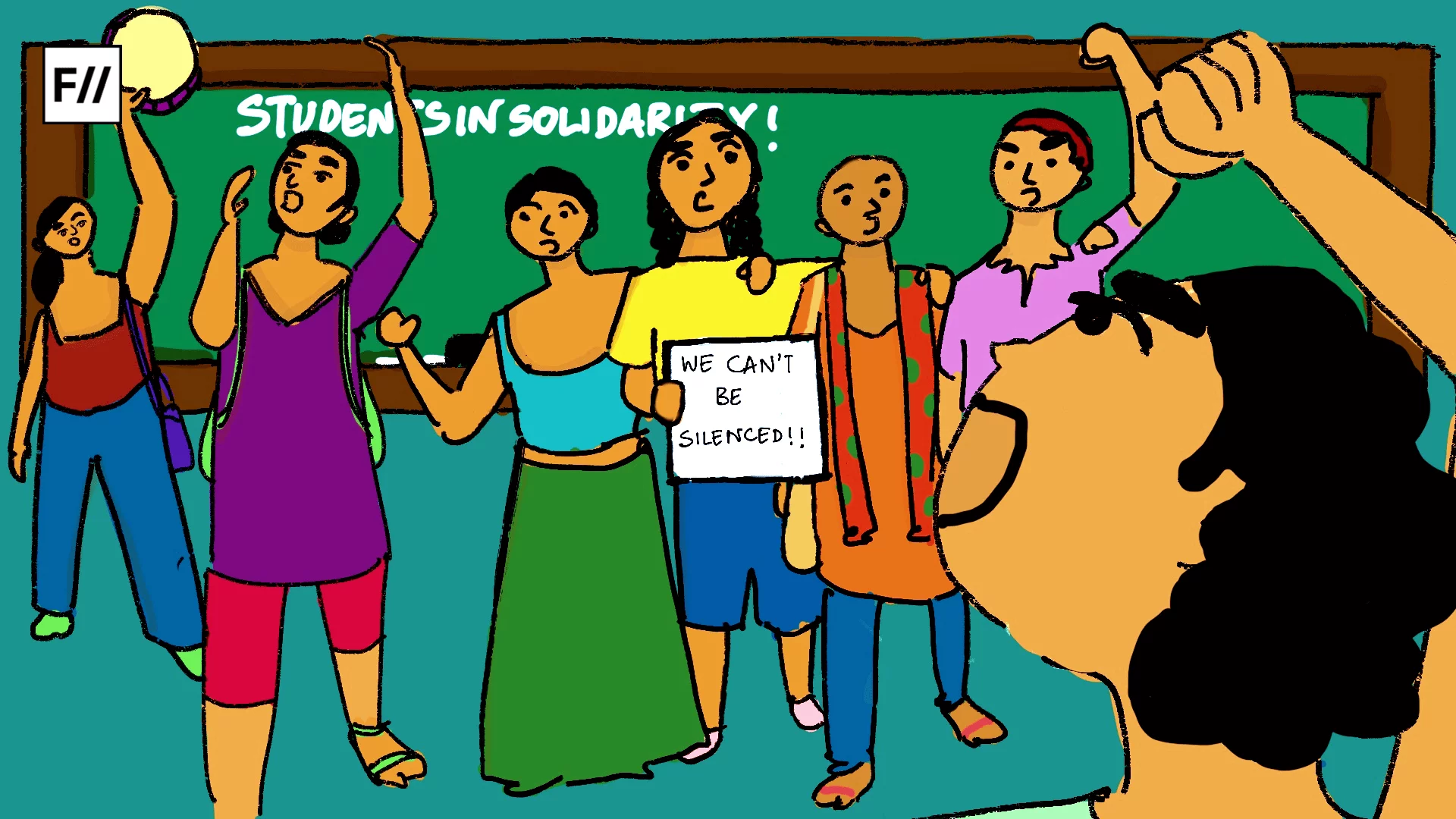Posted by Solanki Chakraborty
The fear of COVID-19 and whatever it entails so far has been an eye-opener for us. Not only did the poor condition of healthcare become evident but we also came face-to-face with our own biases. The quarantine witnessed grumbling from able-bodied people, who are not used to lengthy confinements at homes, as well as increased the chances of triggering anxiety in many of us resulting from the fear of the pandemic. Almost simultaneously, the social media was full of games, books or photo challenges that would aid us by distraction and also help us while our time away.
One such game that has become quite viral is that of Bingo. It is generally played with numbers where the numbers 1-25 are written in random order in a checkered box and each player gets the turn to call out a number as per their convenience. I am not going into further details of the rules of this game as it is not relevant anymore.
In the Instagram version however, each Bingo game pertains to a particular context (like ‘Domino’s Pizza’ Bingo) and the checkered boxes have standardized activities written in them as are ‘generally expected’ of an average person to have done in that scenario. What caught my attention was the Bingo of the University of Hyderabad. There were other similar games being created by other colleges and universities as well. Having spent considerable time in the HCU campus, I could relate to most of places and actions referred to as well as the connotations attached to each.
When I played it, I realized that I had checked 50% of the boxes and knew of others who would definitely check many more. So, I marveled at the accuracy of the creator who, I thought, had hit bull’s eye with his/her/their observation skills. However, it was only on second thought that I realized that it was not so. I realized that this particular checkered box was pretty exclusionary in nature. So, what could be the possible problems with it?
Wrong information?
No, as I just said, the information was quite accurate, myself having done quite a few. However, this is not the uniform lived experience of the university student community. Though it is true that all the lived experiences co-exist, is it a harmonious co-existence? Not at all. The experiences highlighted by the said Bingo game necessarily depends upon obliviating all else. And we have all been guilty of that.
Though it is true that all the lived experiences co-exist, is it a harmonious co-existence? Not at all. The experiences highlighted by the said Bingo game necessarily depends upon obliviating all else. And we have all been guilty of that.
A Checklist
Throwing light on some of the listed questions would make the above point clearer. All the eateries named in the game are quite costly and not affordable for the majority of the student community on a regular basis. Also, a regular DLF visitor needs to have plenty of inexhaustible resources at hand- vehicle, money, time enough to do that, peers with the same resources, etc. Assuming all to be occupying these places, thus, is just being in denial of our own privileges.
Coupled with it, are two more questions of having attended protests and having being detained. We all know that protests are not acts of leisure having the same gravity as chilling on the terrace of a department. The former is trivialized by being treated as an item on the checklist to be accomplished. Further, the space of the protest is also imagined as one that is occupied mainly by the same community that can afford “overvisiting” Bake Factory.
What is the space representative of?
Social groups are formed by those who spend the most time with each other regularly. It can be through studying together, eating together, sports or political activism. It is inevitable that social groups have homogeneous interests and resources to a great extent. And often the activities of one social group invisiblizes that of the other by its sheer public nature. For example, skipping mess food daily is possible for only those who have the assurance of an alternative arrangement.
While it is true that the mess food has been quite unhygienic and has caused several health issues in students, treating the escape from it as an accomplishment, and also bonding over it, shifts the focus from holding a public institution accountable for its refusal to provide a balanced diet at subsidized rates to a celebration of an easy escape.
While it is true that the mess food has been quite unhygienic and has caused several health issues in students, treating the escape from it as an accomplishment, and also bonding over it, shifts the focus from holding a public institution accountable for its refusal to provide a balanced diet at subsidized rates to a celebration of an easy escape. It alienates others and erases any possibility of solidarity among the ones with resources and the ones without.
A similar Bingo created and shared by the page of dalitfeminist on Instagram offers a contrasting picture. It is also set in the context of an institute of higher education and offers quite a different perspective as to what constitutes the norm for the majority of students in these institutes. Evident in both the Bingos are ample accounts of unpleasant experience in the savarna-dominated academia that is missing in both the JNU and the HCU counterparts; in HCU’s, academic engagement is summed up with ‘visited the reading room’ and ‘backlog’.
No wonder that ‘not being part of any friend group or society’ and ‘got closer to your community’ find a place in the former, given the exclusionary space of these institutes that gets re-affirmed in their respective social media games. We should not forget the diary entries of Nelli Praveen Kumar who committed suicide in his first semester of MFA. Had the campus been warmer and more accommodative, as many claim it to be, perhaps he would not have taken such a step.
The Need to Introspect
We all take refuge in good memories when faced with dejection. And at such a juncture, when despair is all around us, the urge to cope is only but inevitable. However, we must remember that spaces that generate pleasure in us might have been the reason for agony for many for the same reason. After all, Praveen belonged to the same school, whose department terrace we go to chill on.
If anything, these games of Bingo tell us what these spaces stand for to different sections of the student community and each paints a drastically different picture of the same space. If our process of healing, therefore, ends up triggering memories of derogation and exclusion in others, we need to introspect on the political implications of what we revert to for respite from gloom and formulate a more inclusive method.
References
Featured Image Source: dalitfeminist
About the author(s)
Solanki Chakraborty is a PhD scholar at the Centre for English Language Studies, University of Hyderabad. Her work is on the history of language teaching and learning in colonial India. She is interested in reading and writing about pedagogy, language politics in India, and food history.




